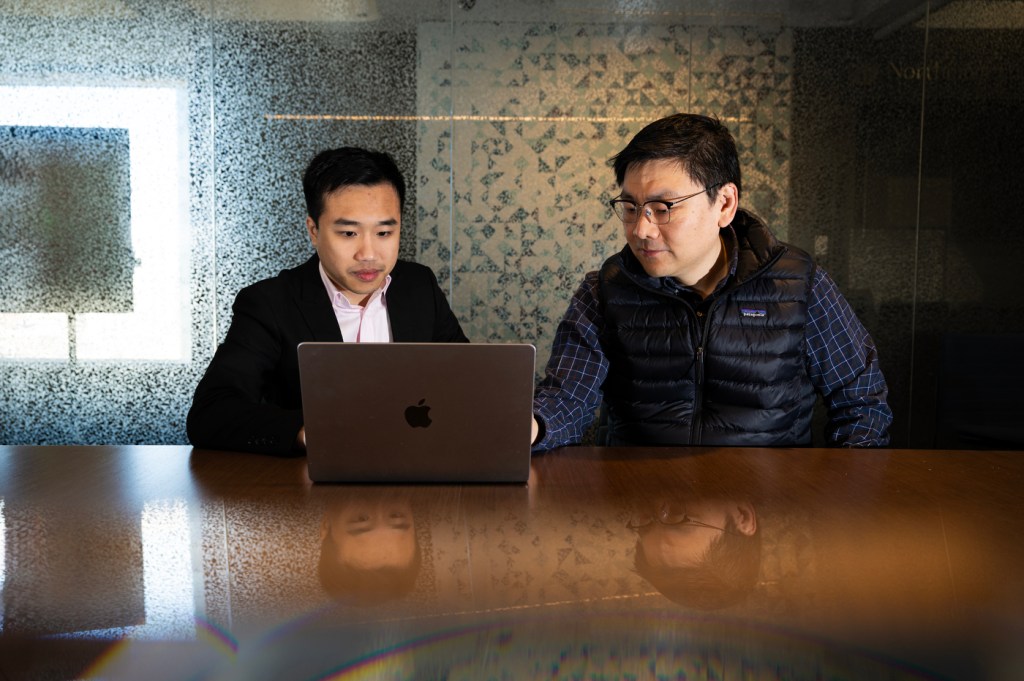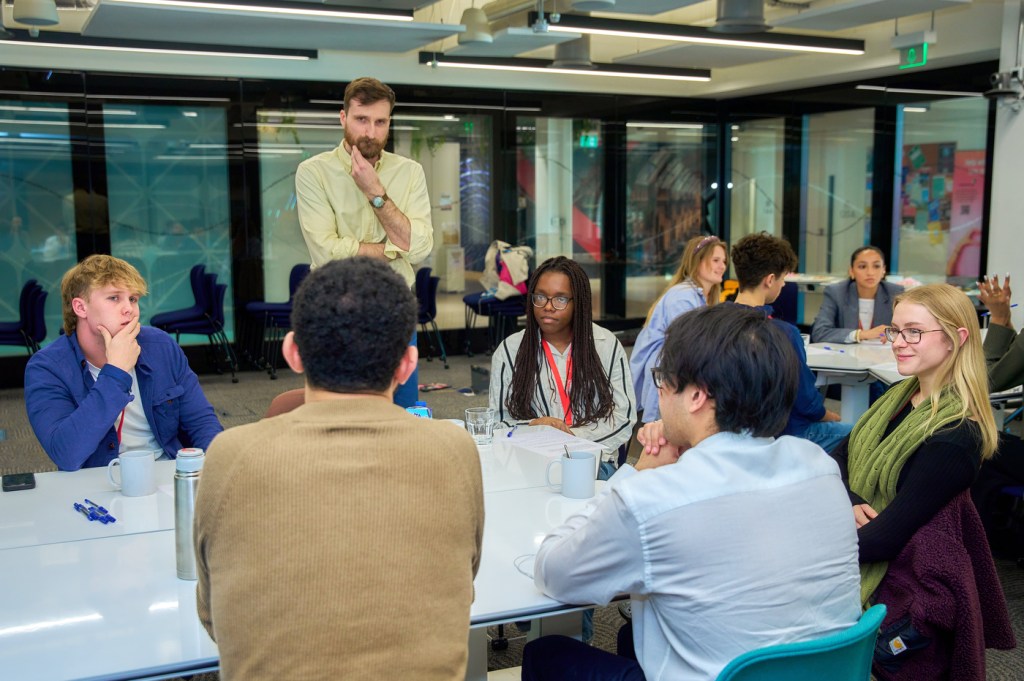Students examine mental health through the lens of another culture

Over the summer, an interdisciplinary group of nearly two dozen students participated in a Dialogue of Civilizations program in Australia to learn about mental health and health psychology.
“The program opens students’ eyes to how things work in other parts of the world,” said Deb Franko, the program faculty adviser and a professor in the counseling and applied educational psychology program.
In some ways, healthcare systems in Australia and the U.S. are very different. Australians, for example, are required to have healthcare, which is entirely paid for by the government. But both healthcare systems tackle the same sort of problems.
“There are many more mental health problems and health issues among the aboriginal people than non-indigenous Australians,” said Franko, who also holds the title of associate dean in the Bouvé College of Health Sciences and conducts research on eating disorders in young adults. “In some ways this mirrors our population in terms of our ethnic and racial minorities.”
Over the course of the experiential-learning opportunity, students got a close look at how another country’s healthcare system manages similar challenges. Franko explained that experiences like these could help our future clinicians and healthcare leaders employ a more well-rounded and broader approach toward solving those challenges.
As part of the Dialogue, a dozen guest lecturers from Swinburne University in Melbourne met with the students to discuss mental health issues such as forensic psychology and aboriginal health. The students also made 10 site visits, including trips to the Cancer Council of Victoria and an Aboriginal Health College on tribal land.
Students characterized living for four and a half weeks in the midst of a different culture as an educational experience. “Subtle things threw you off,” said Nicholas Braica, who is studying graphic design and interactive media. “It put me in a new, really uncomfortable position and I took a lot away from that.”
Nursing student Allison Shepherd marveled at the country’s unique patient-management system, which requires patients to visit a general practitioner before seeing a specialist. While Franko noted that this method has the potential for some less-recognizable mental health disorders like autism to go unidentified, Shepherd wondered if the glut of choices offered to American patients is sometimes more wasteful than useful.
“Other places in the world have different models,” said Franko. “I think it helps to think a bit more critically about what works, what doesn’t and why.”





